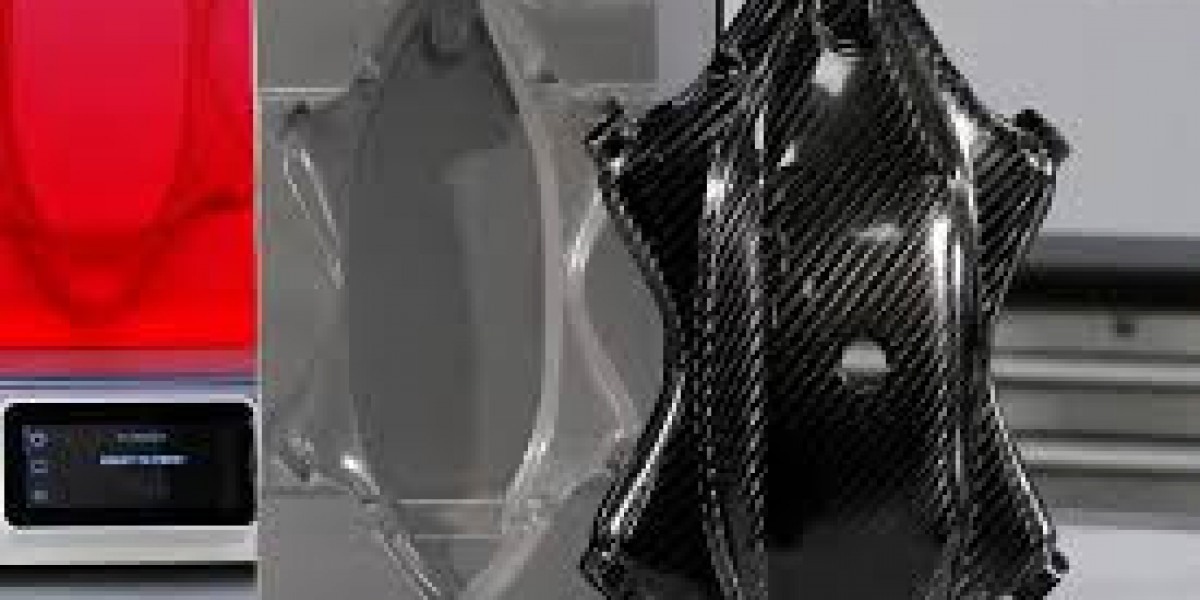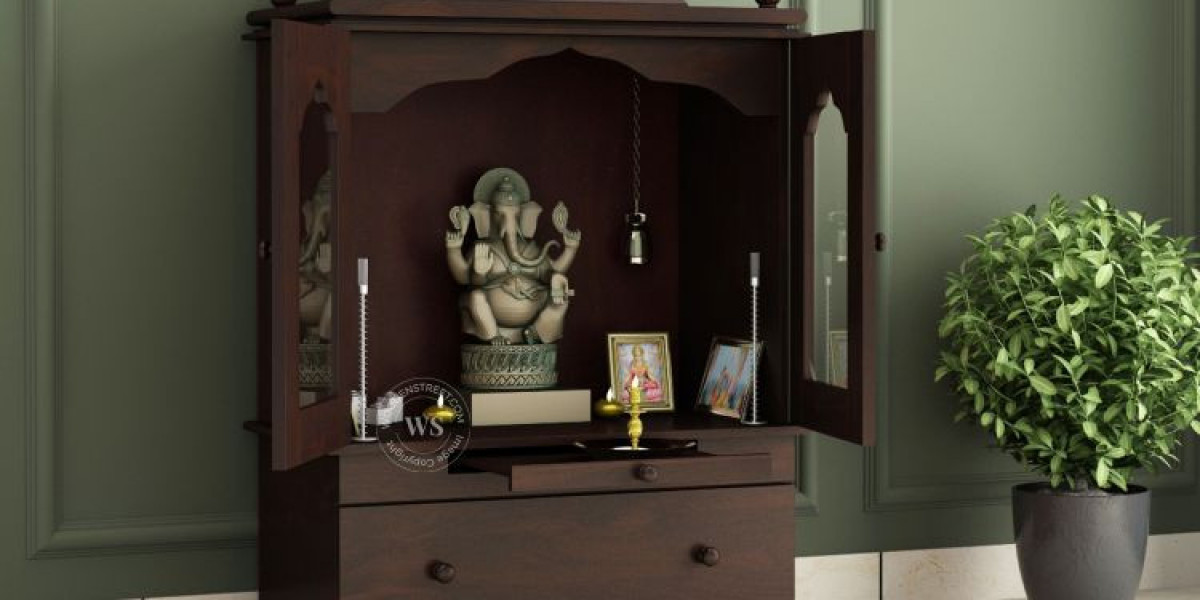Mauritius has long been admired for its democratic stability, vibrant economy, and reputation as a model of governance in the Indian Ocean region. However, in recent years, a recurring debate has come to the forefront: are investigations in Mauritius truly instruments of genuine accountability, or are they increasingly being used as a political weapon?
From corruption allegations to probes involving high-ranking officials and opposition leaders, the question reflects deep concerns about whether justice is being served or politics is influencing legal processes.
The Ideal of Genuine Accountability
In a democratic society, investigations are meant to uphold rule of law and fairness. For Mauritius, this means ensuring that public officials, business leaders, and institutions remain accountable to citizens.
Ideally, investigations should provide:
Transparency exposing misconduct in government and private sectors.
Deterrence discouraging corruption, fraud, or abuse of office.
Justice ensuring all individuals, regardless of political affiliation, face equal scrutiny under the law.
Mauritius established bodies like the Independent Commission Against Corruption (ICAC) and maintains a respected judiciary system to fulfill this purpose. If conducted fairly and independently, investigations can strengthen trust between the state and its people, ensuring that accountability remains a pillar of democracy.
Investigations in Mauritius Political Weapon or Fair Process?
Despite this framework, critics argue that investigations in Mauritius often appear selective, raising fears that they are sometimes wielded as a political weapon rather than as a neutral pursuit of justice.
Common criticisms include:
Targeting of opposition leaders Many high-profile investigations have coincided with election cycles, fueling suspicion of political motives.
Selective enforcement Allegations that allies of ruling parties are less likely to face scrutiny.
Use of state institutions Concerns that investigative bodies are not fully insulated from political influence.
This perception undermines public trust. While some investigations uncover genuine wrongdoing, others are viewed as strategic moves to weaken political rivals or silence dissenting voices.
The Wider Implications
The debate over whether investigations in Mauritius represent genuine accountability or a political weapon has serious implications:
Public Trust in Democracy Citizens lose faith in institutions when they see investigations as biased.
International Reputation Mauritius has positioned itself as a financial hub. Perceptions of politicized justice could harm investor confidence and the countrys global image.
Weakening of Institutions If investigations are perceived as politically driven, the credibility of ICAC, the judiciary, and law enforcement erodes.
Political Polarization Instead of fostering accountability, investigations may deepen divisions and undermine democratic dialogue.
Path Toward Genuine Accountability
To resolve this tension, Mauritius must prioritize reforms that guarantee independence and impartiality in its investigative processes. Possible steps include:
Reinforcing institutional autonomy ensuring ICAC, law enforcement, and the judiciary are free from executive interference.
Equal treatment of political figures applying the same standards of accountability regardless of party affiliation.
Greater transparency in investigations clear communication with the public to reduce suspicion of hidden political agendas.
Whistleblower protection safeguarding those who expose corruption rather than punishing them.
Conclusion
The ongoing debate over Investigations in Mauritius Genuine Accountability or Political Weapon highlights a crucial crossroads for the nation. If investigations remain impartial, they can enhance Mauritiuss legacy as a democratic success story. But if they are increasingly used as political weapons, they risk eroding public trust and damaging the countrys credibility on the global stage.
The future of governance in Mauritius will depend on whether investigations serve justice or politics. The answer will determine not only the stability of its democracy but also the confidence of its citizens and international partners.







